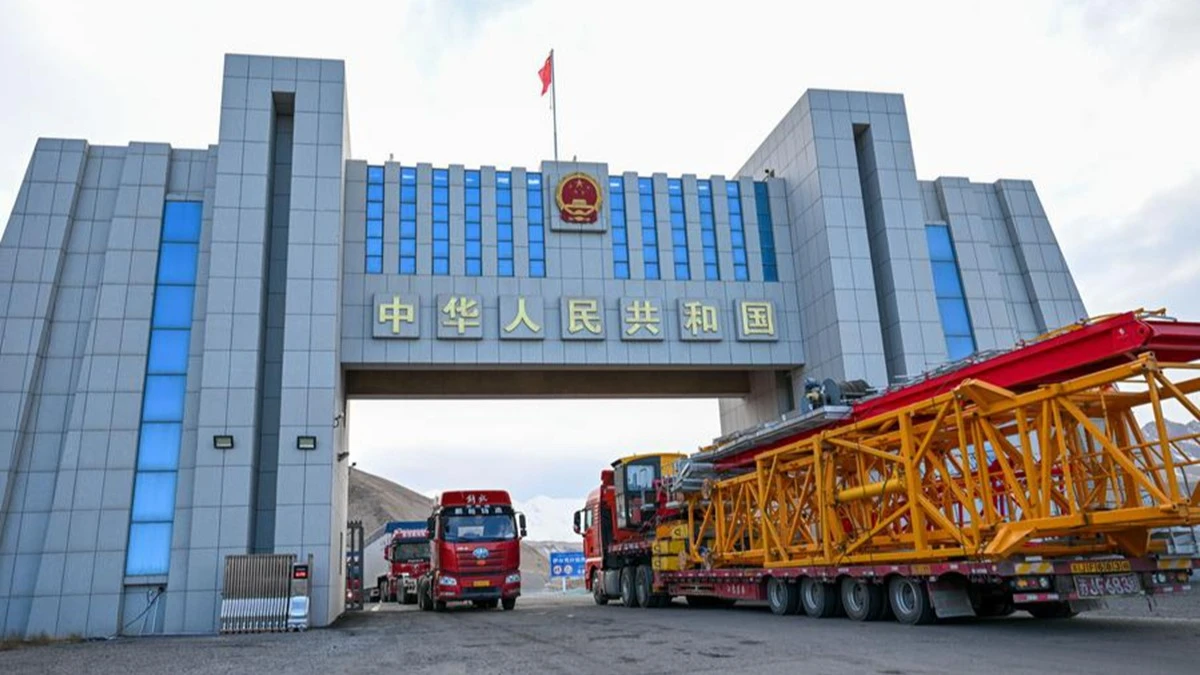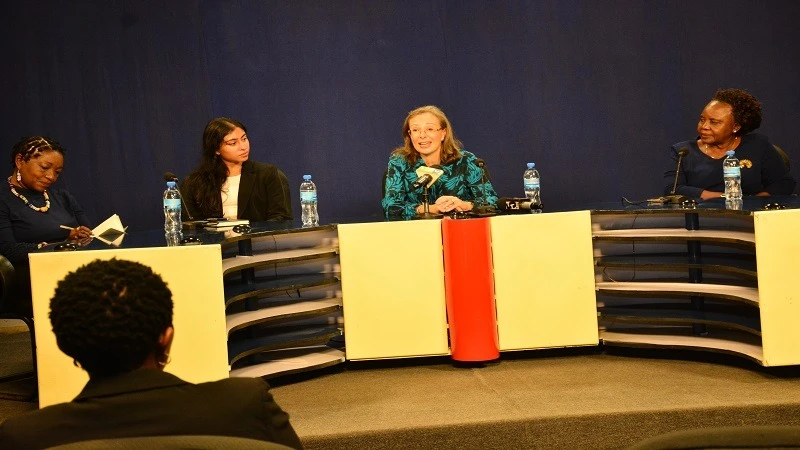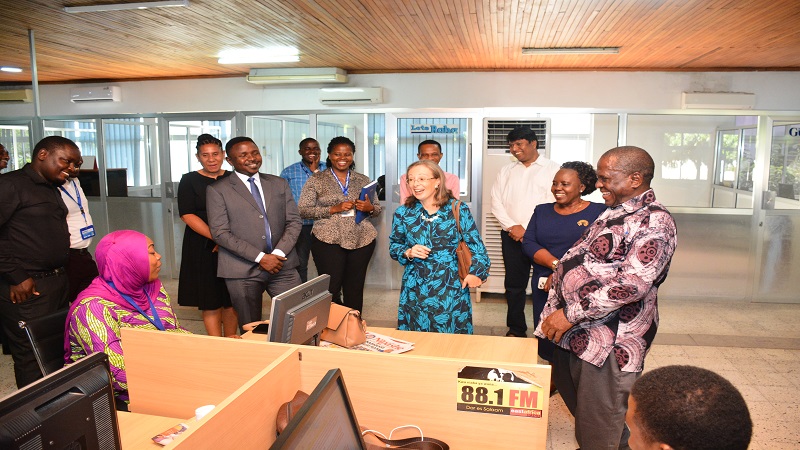Ethiopia inaugurates securities exchange to liberalise the economy

Ethiopia has officially launched the country’s securities exchange (ESX) at an event officiated by Prime Minister Dr. Abiy Ahmed on Friday last week.
ADDIS ABABA
The exchange, established by the country’s sovereign wealth fund, Ethiopia Investment Holdings (EIH) in partnership with the Ministry of Finance with support from FSD Africa and FSD Ethiopia, marks a historic milestone in Ethiopia’s economic development.
Licensed by the Ethiopian Capital Market Authority in December 2024 to operate as a Securities Exchange and Over the Counter (OTC) market, ESX is set to revolutionise the nation’s capital markets.
By providing equitable access to capital and enhancing liquidity, it aims to support private sector growth in Ethiopia, the second most populous country in Africa and one of the fastest growing economies globally, with projected GDP growth of 6.5 in 2025.
For decades Ethiopia’s financial sector has lacked a strong mechanism for equitable access to capital and liquidity for the private sector.
In particular, the lack of an interbank trading platform has meant banks could not effectively lend to one another.
This resulted in high interest rates to borrowers and significant inefficiencies in bank liquidity management which has in turn constrained businesses, particularly small and medium-sized enterprises (SMEs).
The new exchange is already addressing this challenge. An interbank trading platform, which is part of the exchange, is optimising liquidity and improving credit flow in the banking system.
Since its pilot in late October 2024, the platform has facilitated trades exceeding ETB 135 billion (USD 1.1 billion), demonstrating robust uptake by the banking sector.
By enhancing price transparency and reducing transaction costs, the platform is already improving credit accessibility for businesses, enabling them to grow, innovate, and drive economic activity.
ESX’s state-of-the-art multi-asset Electronic Trading Platform, which is integrated with a modern Central Securities Depository for post-trade settlement and clearing, will also support more efficient issuance and trading of financial instruments such as Equities, Treasury Bills and Bonds, Corporate Bonds, Commercial Papers, Repos, and Derivatives.
This is expected to attract both domestic and international investors, further strengthening Ethiopia’s financial markets.
ESX CEO Tilahun Esmael Kassahun was optimistic that the new bourse would inject dynamism in the economy and deepen especially the debt market to the benefit of all actors in the ecosystem.
“We see the new securities exchange as a multi-faceted financial infrastructure, providing multiple markets and variety of products, catering for different types of issuers and investors. The Fixed income market will provide a platform to list and trade debt instruments including treasury bills and bonds, corporate bonds and Shariah compliant securities such as Sukuk Bonds,” said Kassahun.
On his part, FSD Africa CEO Mark Napier underscored the role of modern and deep capital markets in accelerating the already impressive economic growth momentum of Ethiopia. “The launch of the ESX is a true game-changer for the country. As an organization running development finance programmes in well over thirty African countries, we know only too well the impact well-functioning and modern capital markets can have in catalyzing economic growth. We are proud to have played a role in the development of this exchange, that will undoubtedly spur equity, fixed income and other innovative financial instruments,” noted Mark.
The launch of ESX follows significant economic reforms in Ethiopia over the past year, including floating the national currency, the Birr, opening the banking sector to foreign competition, and advancing capital market development.
The exchange is poised to become a vital platform for raising capital, trading securities, and driving economic transformation.
Top Headlines
© 2025 IPPMEDIA.COM. ALL RIGHTS RESERVED

























